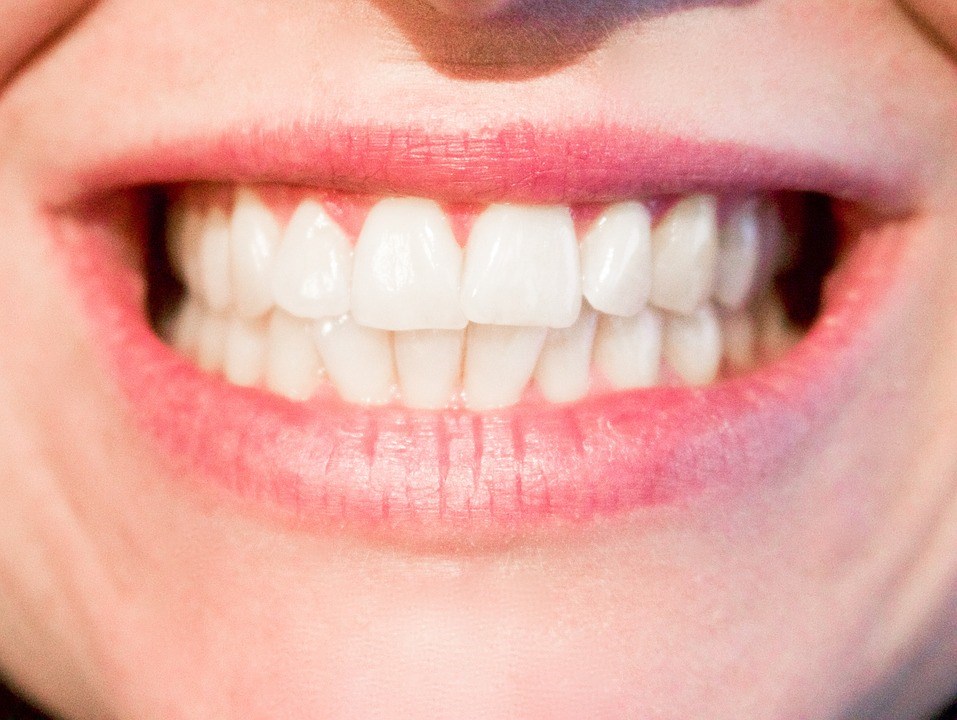Can I Do Something About My Sensitive Teeth?

Sensitive teeth can be a real issue, especially if you enjoy eating out with friends, or even if you want to grab an ice cream in the park. The problem is that your teeth will respond to the hot or cold item, sending a bolt of pain through your nerves.
It doesn’t just make eating and drinking uncomfortable, for some it can be difficult to chew food properly. The good news is that tooth sensitivity is surprisingly common, it’s believed that 40% of the population suffers from it!
The pain also doesn’t last, if you have pain that lasts then you need an urgent trip to your dentist, it could be more serious.
The Cause Of Sensitive Teeth
Your teeth are covered by a protective layer of enamel. This substance is really strong and designed to keep bacteria out of your tooth. If bacteria get into the tooth they’ll cause decay and infection.
However, over time enamel can be worn down and your gums can also recede. Both leave the dentin exposed, that’s the more fragile inner part of your tooth. Cracked teeth, bad fillings, root erosion, and even gum disease can all help to expose your dentin.
In fact, brushing your teeth too hard can also cause your gums to recede, exposing your dentin and the roots of your teeth.
The dentin has thousands of tiny channels that lead through it and go directly to the inner pulp of your teeth. These channels allow sensations of hot and cold to go straight to the nerves in your teeth, causing a sharp stab of pain.
Dealing With Tooth Sensitivity
Obviously, if you have a cavity that is allowing hot and cold sensations inside your tooth then you’re going to need the cavity cleaned and filled. The sensitivity may continue for a short period after the filling has been done but it will go away by itself.
You can also develop sensitivity if the filling I not sitting correctly and you have an uneven bite. In both these instances, a dentist can adjust the filling and correct the issue.
If this doesn’t work, or you’ve had serious tooth decay, you can have porcelain bridges fitted to cover the teeth and protect them. It will dramatically reduce sensitivity.
However, if you’ve always had sensitive teeth then the first thing you should try is using a desensitizing toothpaste. In most cases, these are surprisingly effective although they may not make the pain go away completely. They will make it more manageable.
You should also make sure you use a soft-bristled toothbrush, avoid acidic foods when possible and use a fluoridated mouthwash.
This can prevent further damage to your teeth and even help to repair the enamel.
It’s also worth noting that grinding your teeth is recognized as a cause of sensitivity because you’re wearing your enamel away. If you do grind your teeth you’ll need to consider using a mouth guard at night.
In all cases it's worth consulting with your dentist, they’ll eliminate underlying issues and help you to deal with your sensitive teeth properly.

























